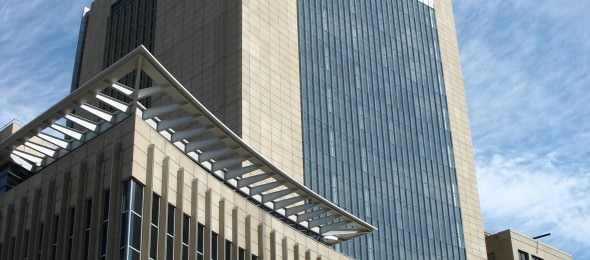University of Kansas School of Law Professor Stephen J. Ware has published Is Adjudication a Public Good? ‘Overcrowded Courts’ and the Private Sector Alternative of Arbitration, 14 Cardozo J. Conflict Resol. 899 (2013). In his article, Professor Ware discusses user fees and the role arbitration may play in easing the overcrowding often found in courts across the United States.
Here is the abstract:
One way to end the public subsidy for cases that do not deserve it is for courts to charge the parties to such a case a fee high enough to reimburse the court for its costs of adjudicating the case. Several thoughtful commentators have proposed such “user fees.” This Article assesses those proposals and suggests that user fees would make litigation look more like arbitration. It concludes by considering the possibility that the public-sector court system and private arbitration organizations could compete in the market for unsubsidized adjudication and in the market for subsidized adjudication. In short, this Article places discussions of overcrowded courts and court user fees in the context of a society — our society — with a strong private sector alternative to our courts.
This and other scholarly articles authored by Professor Ware are available from the Social Science Research Network.











